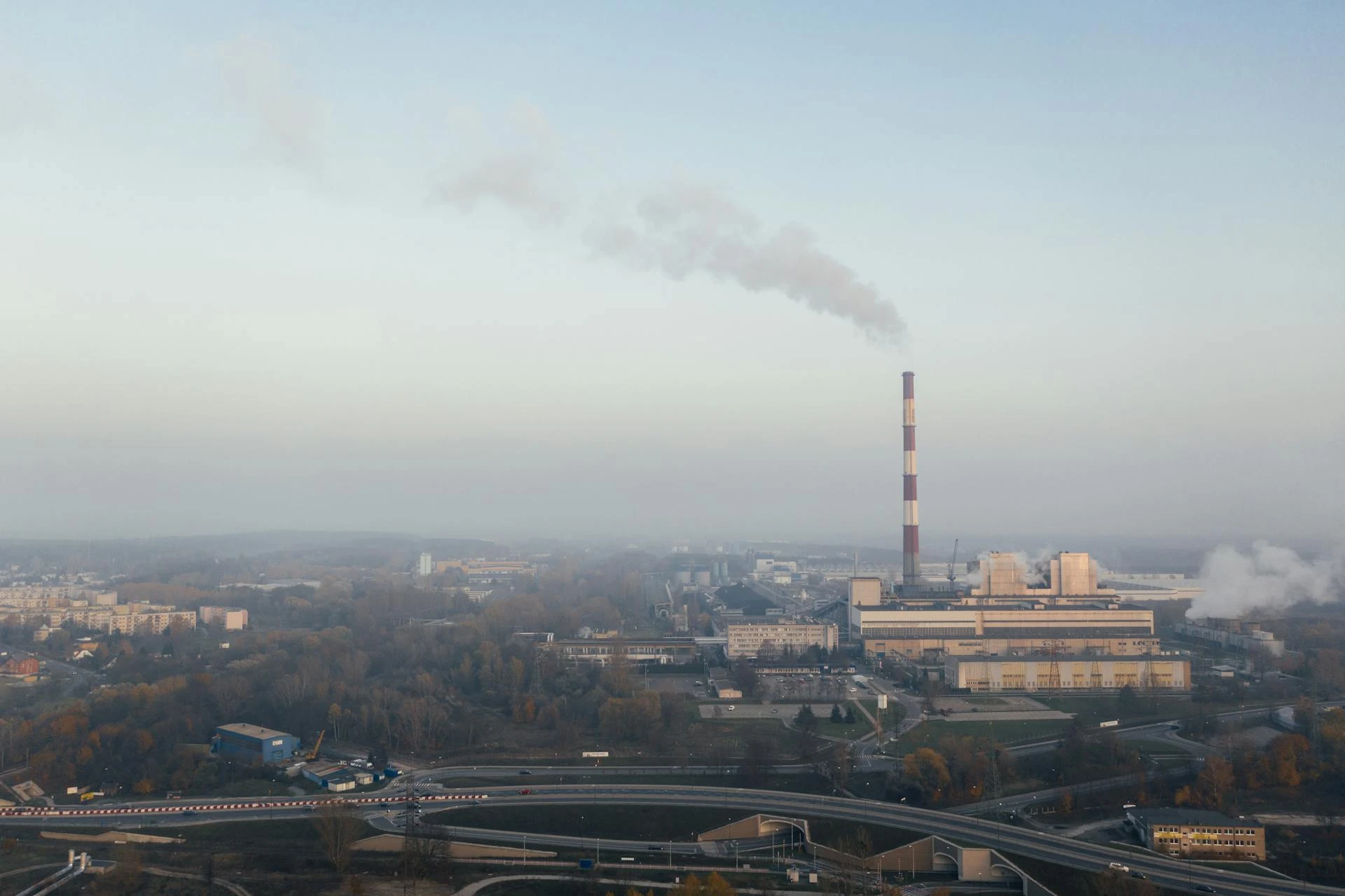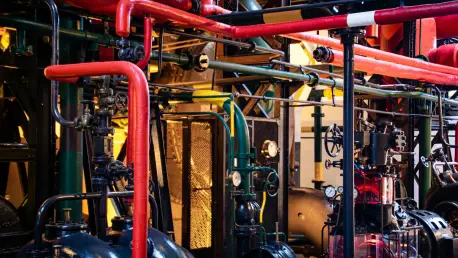
In a move that has ignited fierce debate across the country, the Environmental Protection Agency (EPA) has put forward a proposal to eliminate mandatory greenhouse gas (GHG) emissions reporting for numerous sources until 2034, a policy rooted in an executive order from former President Donald Trump

In an era where environmental challenges demand innovative solutions, sustainability professionals stand at the forefront of driving meaningful change, yet many find themselves grappling with the complexities of advancing their careers in a rapidly evolving field. The pressure to balance technical

In a landscape where climate change policies shape national economies and international relations, a recent critical analysis by H. Sterling Burnett, Ph.D., from The Heartland Institute, throws a sharp spotlight on two contentious pillars of environmental regulation. This examination delves into

Europe finds itself at a critical crossroads in its energy evolution, facing the intertwined challenges of sustainability, security, and rising demand, while navigating an intricate maze of policies and regulations. Combined Heat and Power (CHP) systems stand out as a highly efficient technology,

In a striking display of community resolve, Hudson Valley leaders and environmental advocates are mounting fierce opposition to a federal court ruling that permits the release of treated radioactive wastewater into the Hudson River, a critical lifeline for the region. This decision, which nullified

The environmental landscape of Europe stands at a pivotal moment, with recent findings from the European Environment Agency (EEA) revealing a troubling trajectory of ecological degradation across 38 countries, casting a shadow over the continent’s natural resources and societal stability. This